Key ChatGPT and Gemini features compared. Who did it better?
The AI industry has blossomed quickly in recent years, and several companies have been in steep competition with one another. Two brands that have esp
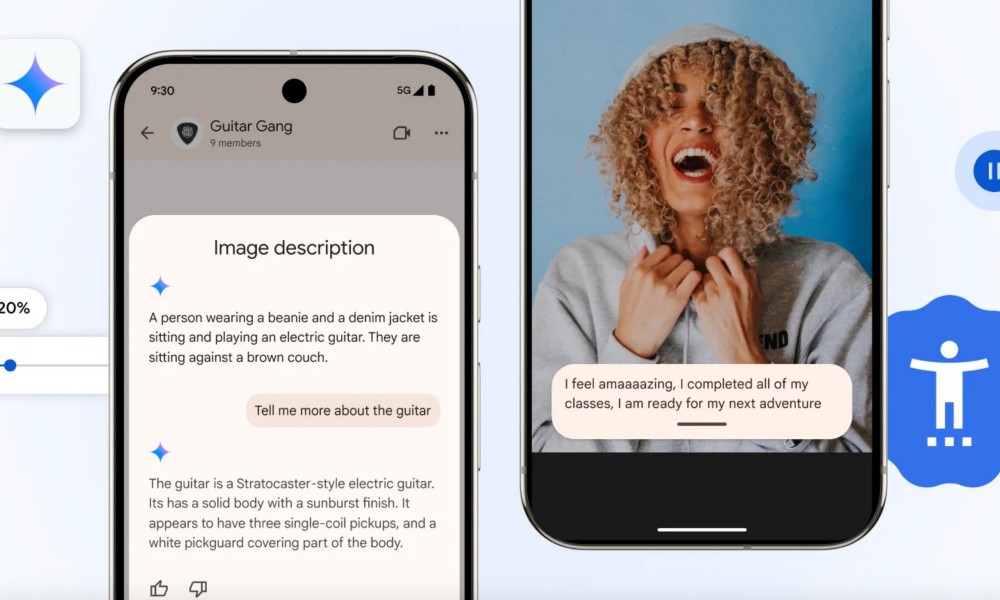
Android devices have offered a built-in screen reader feature called TalkBack for years. It helps people with vision problems to make sense of what appears on their phone’s screen and lets them control it with their voice. In 2024, Google added its Gemini AI into the mix to give users a more detailed description of images.
Google is now bolstering it with a whole new layer of interactive convenience for users. So far, Gemini has only described images. Now, when users are looking at images, they can even ask follow-up questions about them and have a more detailed conversation.
“The next time a friend texts you a photo of their new guitar, you can get a description and ask follow-up questions about the make and color, or even what else is in the image,” says Google. This builds on the accessibility upgrade that integrated Gemini within the Talkback system late last year.
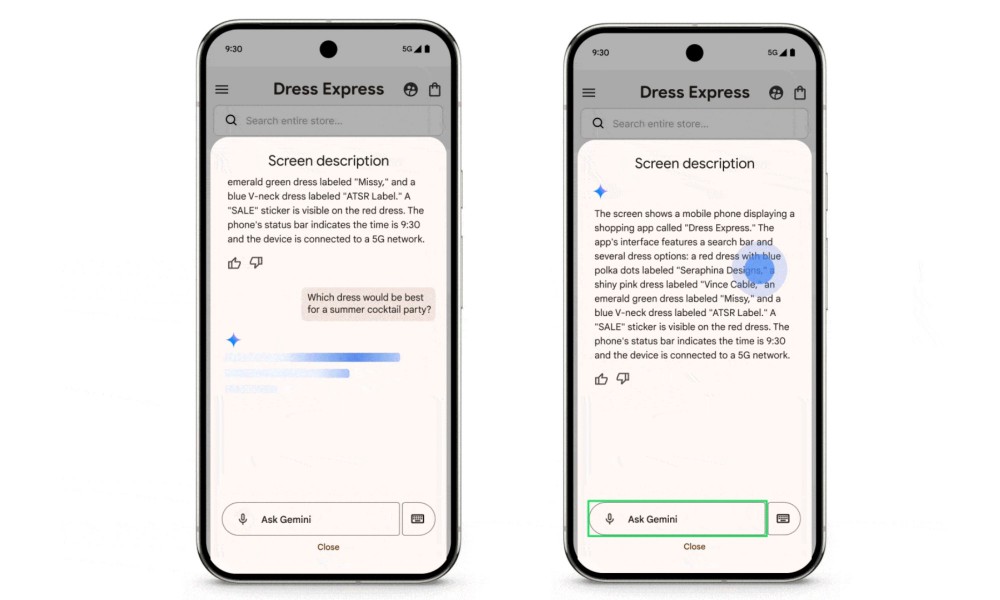
The Talkback menu on Android now shows a dedicated Describe Screen feature that puts Gemini in the driving seat. So, for example, if users are browsing a garment catalogue, Gemini will not only describe what appears on the screen, but will also answer relevant questions.
For example, users can ask questions such as “Which dress would be the best for a cold winter night outing?” or “What sauce would go best with a sandwich?” Gemini will also be able to analyse the entire screen and inform users about granular product details, or if there are any discounts available.
In the Chrome browser, Google is giving a small lift to the auto-generated captions for videos. Let’s say you are watching a football match. The captions will no longer just follow the commentator’s words, but will also match their emotions and expressions.
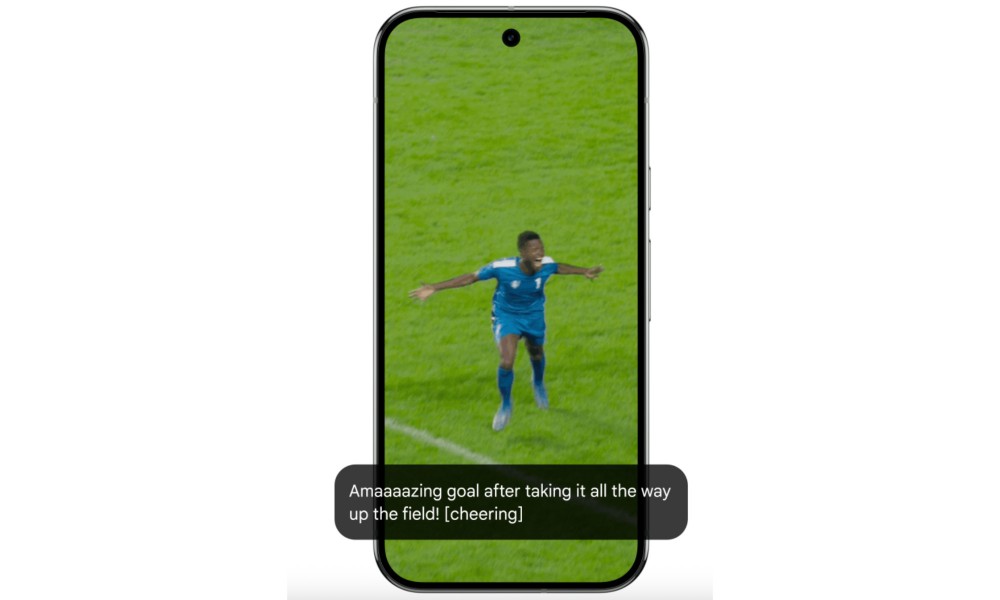
For example, instead of “goal,” users with hearing issues will see a resounding “goooaaal” for an added dash of emotional emphasis. Google is calling them Expressive Captions.
In addition to human speech, they will now also cover important sounds such as whistles, cheering, or even the speaker just clearing their throat. Expressive captions will be available on all devices running Android 15 or a later version, in the US, UK, Canada, and Australia.
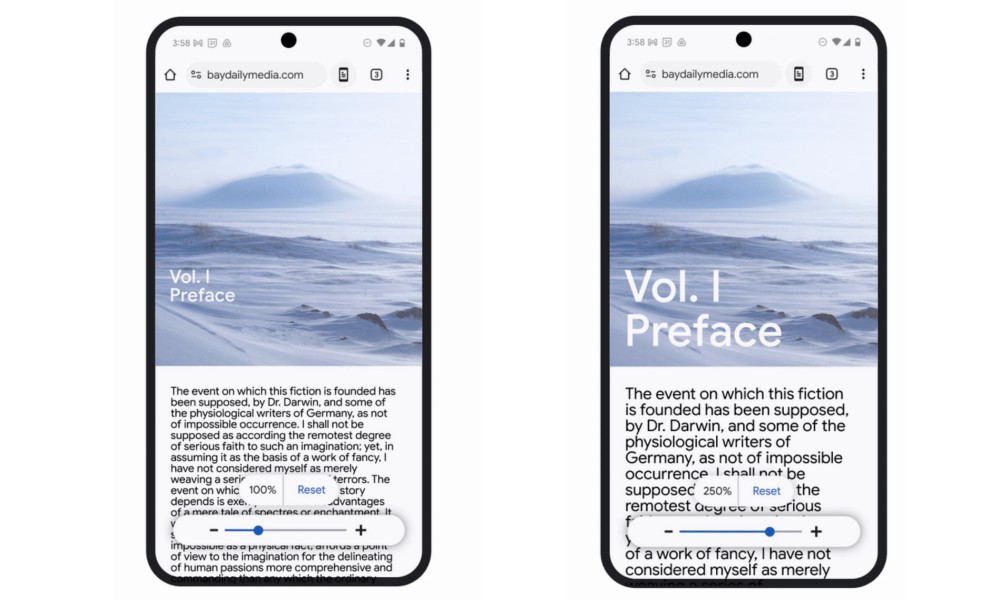
Another meaningful change coming to the Chrome browser is adaptive text zoom, which is essentially an update on the Page Zoom system available on Android phones. Now, when users increase the size of text, it will not affect the layout of the rest of the web page.
“You can customize how much you want to zoom in and easily apply the preference to all the pages you visit or just specific ones,” says Google. Users will be able to make zoom range adjustments using a slider at the bottom of the page.
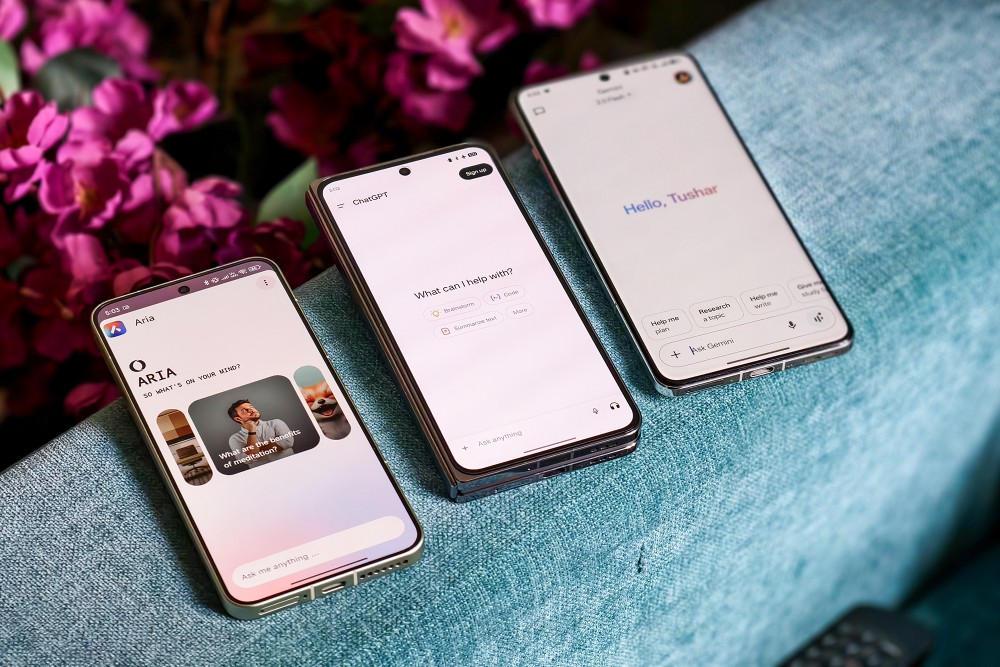
The AI industry has blossomed quickly in recent years, and several companies have been in steep competition with one another. Two brands that have esp

Even though MidJourney set out to be one of the most promising image generation models in the early days of AI, it appears to have fallen behind more
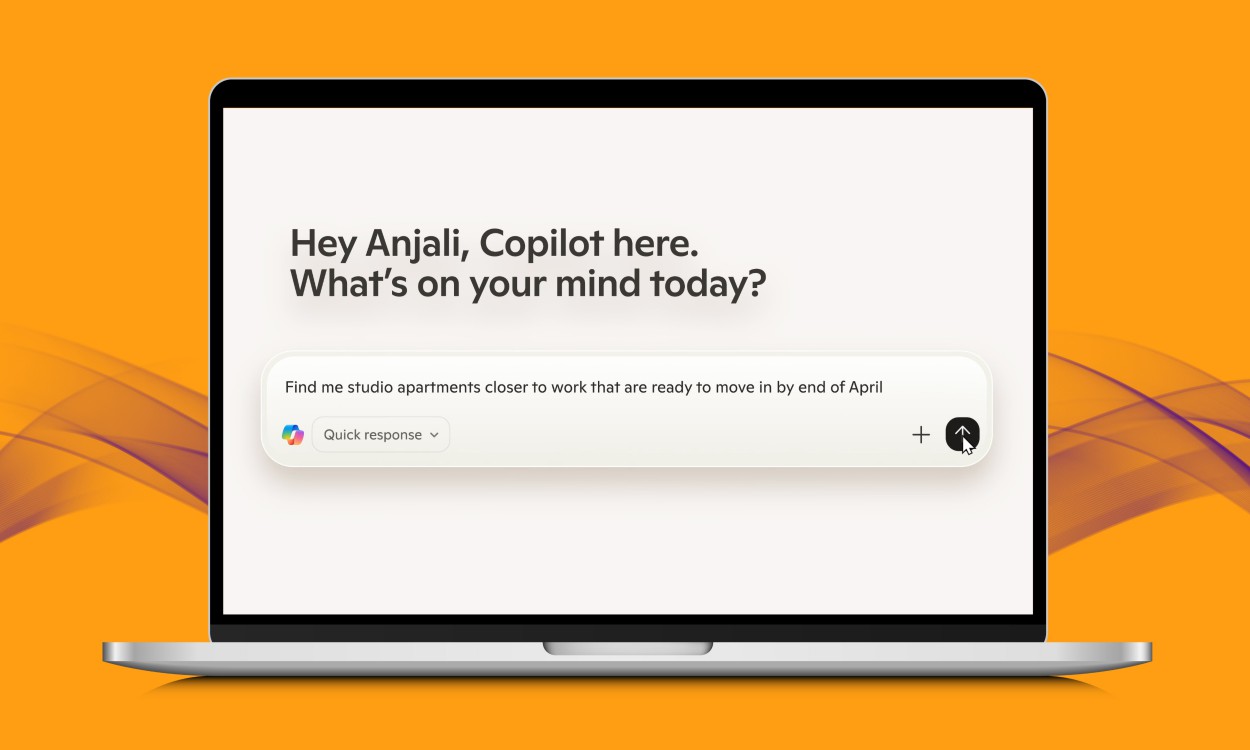
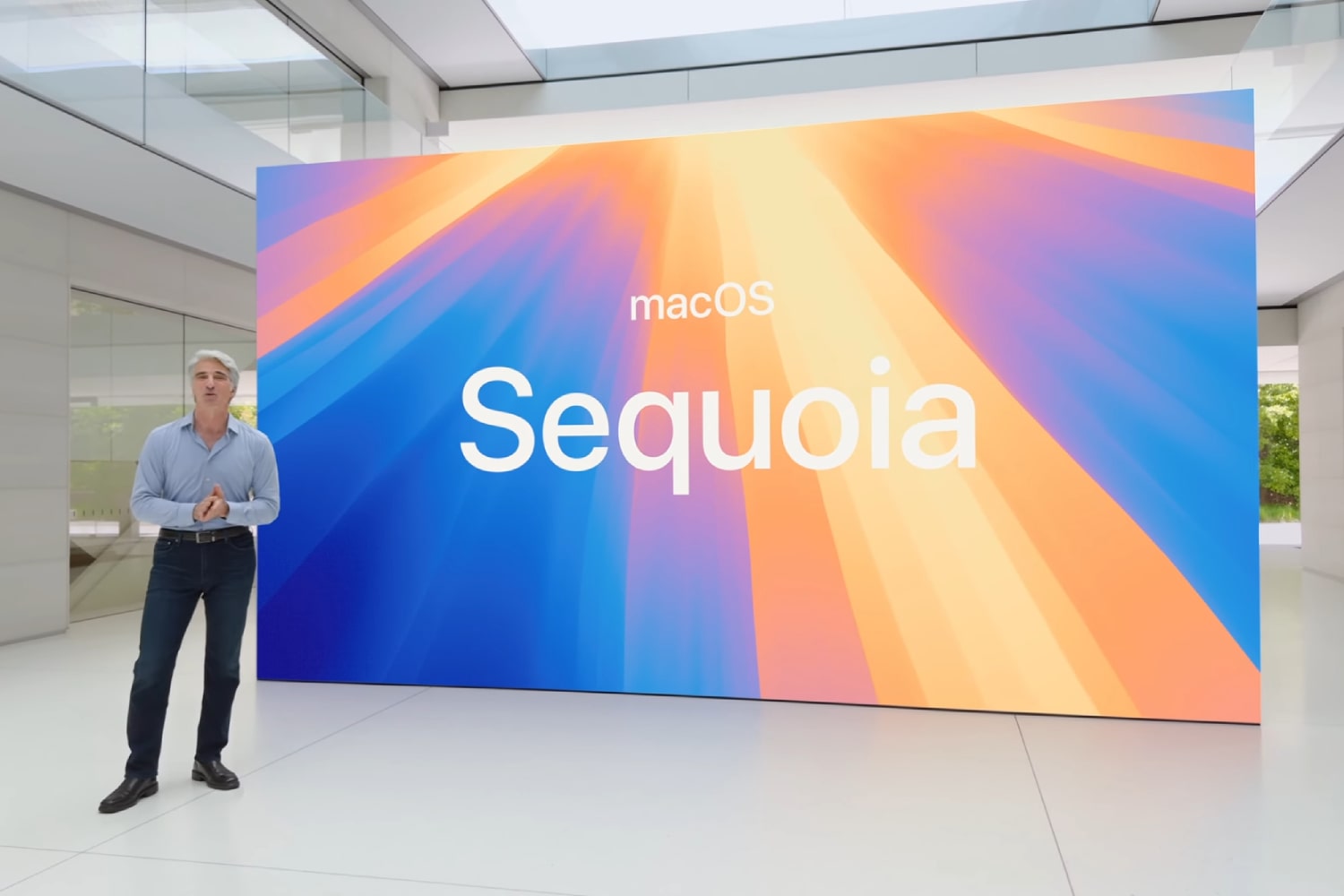
Apple WWDC This story is part of our complete Apple WWDC coverage Apple’s Worldwide Developers Conference (WWDC) is just two months away, and that mea
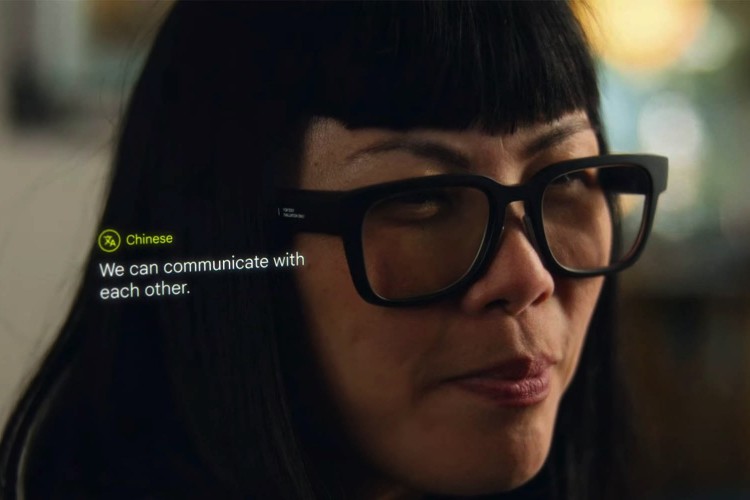
Samsung’s Project Moohan XR headset has grabbed all the spotlights in the past few months, and rightfully so. It serves as the flagship launch vehicle
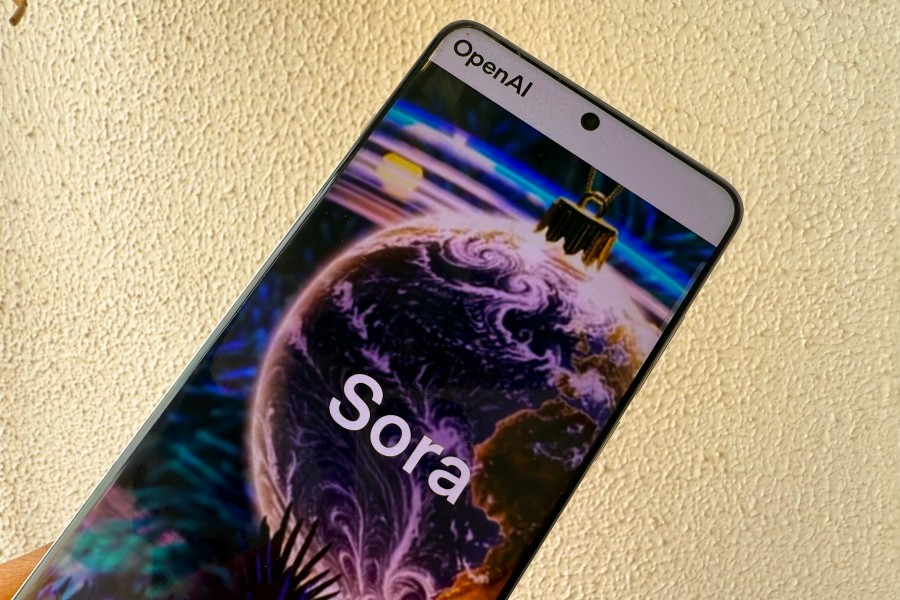
OpenAI is inconsistent in a lot of things — is it a non-profit or a for-profit? Is Sam Altman fit to be CEO or not? But one thing the company has alwa
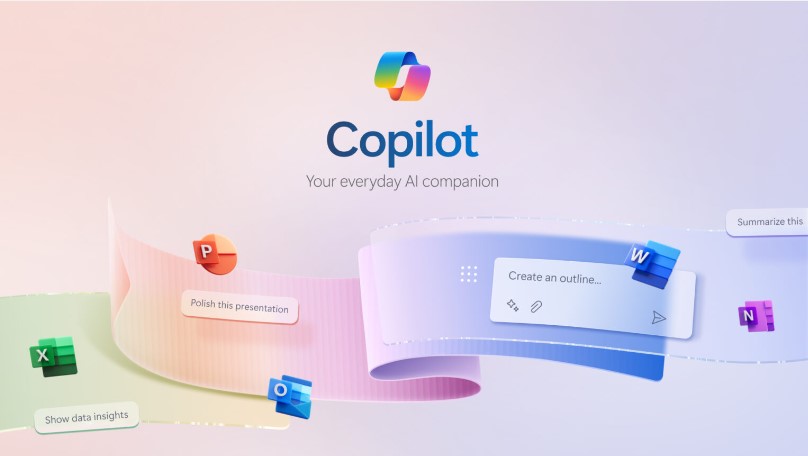
MicrosoftIn an update to its Support page, Microsoft announced that it’s aware of the March 11th update bug that accidentally uninstalled Copilot from
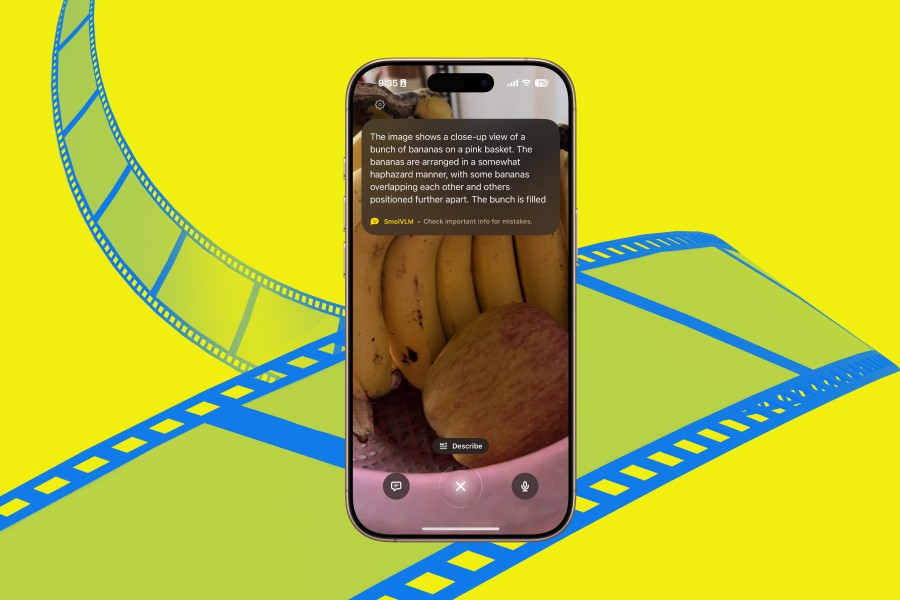
Machine learning platform, Hugging Face, has released an iOS app that will make sense of the world around you as seen by your iPhone’s camera. Just po
We are a comprehensive and trusted information platform dedicated to delivering high-quality content across a wide range of topics, including society, technology, business, health, culture, and entertainment.
From breaking news to in-depth reports, we adhere to the principles of accuracy and diverse perspectives, helping readers find clarity and reliability in today’s fast-paced information landscape.
Our goal is to be a dependable source of knowledge for every reader—making information not only accessible but truly trustworthy. Looking ahead, we will continue to enhance our content and services, connecting the world and delivering value.